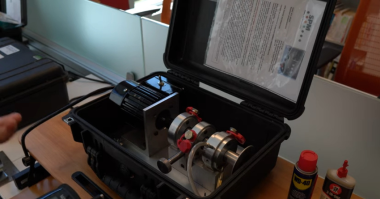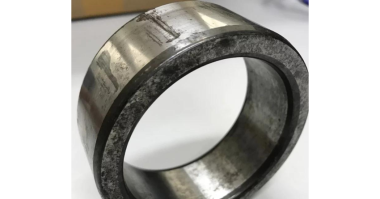RCFA is the process of investigating failure of a product, process, equipment and using the information to implement a change. It’s also commonly referred to as Root Cause Analysis or RCA.
IDCON is convinced that the process of analyzing the root cause of failures and acting to eliminate these causes is one of the most powerful tools in improving plant reliability and performance. But what is a “root cause” or rcfa? One definition is “The cause of a problem which, if adequately addressed, will prevent are currence of that problem.”
Let’s look at an example.
An RCFA Investigation Uncovers More Than One Cause
Imagine that a bearing has failed, and that an investigation shows that it had not been lubricated.
Asking the question “why had it not been lubricated?” may lead to the discovery that the grease point for the bearing had been missed during a lubrication survey and it was not on the lubrication mechanic’s routes heet.
Using the above definition of “root cause”, this problem can be prevented from happening again by simply adding this grease point to the lubrication route sheet.
But if the definition of “root cause” is changed slightly to “The cause of a problem which, if adequately addressed, will prevent recurrence of that problem or similar problems”. This raises the bar to a higher level. The next question then is “Why had the grease point been missed from the lubrication route?”.
The answer may be that lubrication routes were set up by a single person, with no checks or confirmation that the routes were complete.
This may lead to an action to change the procedure for the development of lubrication routes, which will ensure that there is no other missed lubrication points in the plant, nor will there be in the future.
By asking the question “why ”a few more times, the root cause of a problem is often identified as a procedural, or management, shortcoming. Here’s a great article about which process to implement first, PM or root cause?
Addressing these root causes often requires a change of thinking and some pain and effort, but the results will be much longer-lasting and higher-value than correcting individual failures. If you don’t have a formal RCFA process in place, you may want to start with training the frontline in troubleshooting.





Comments